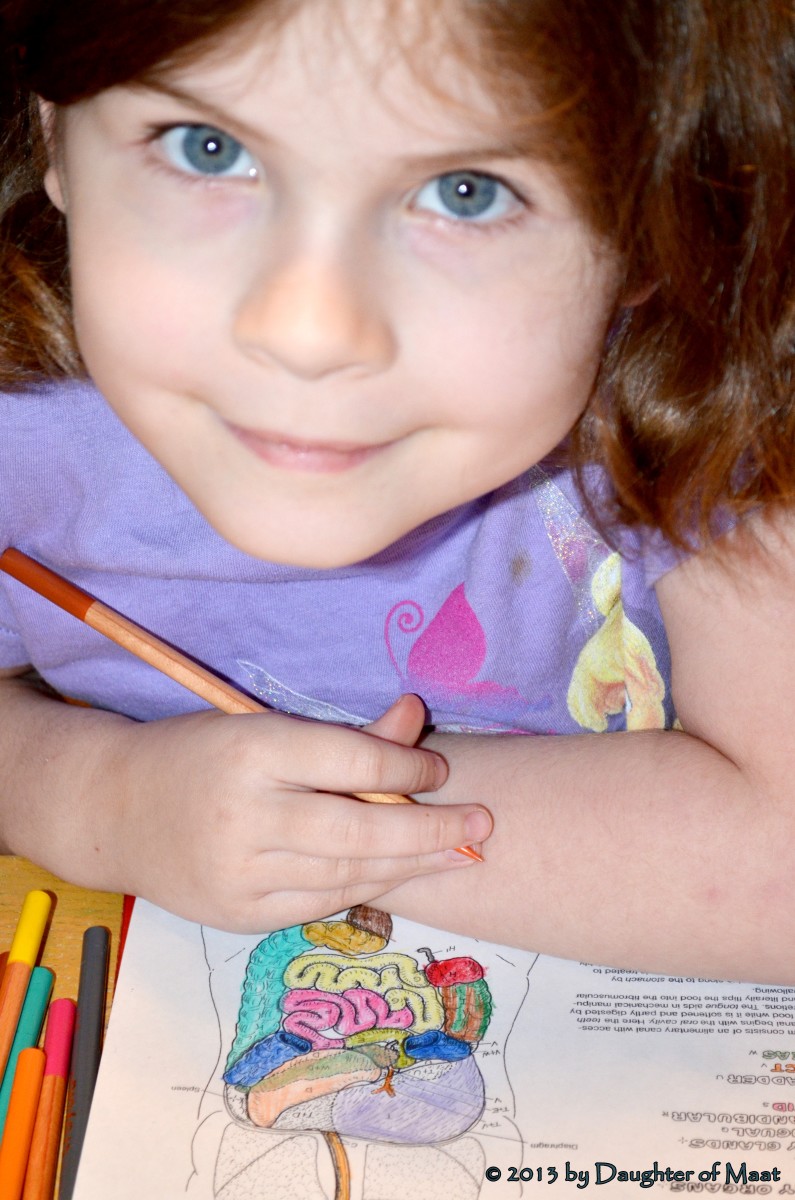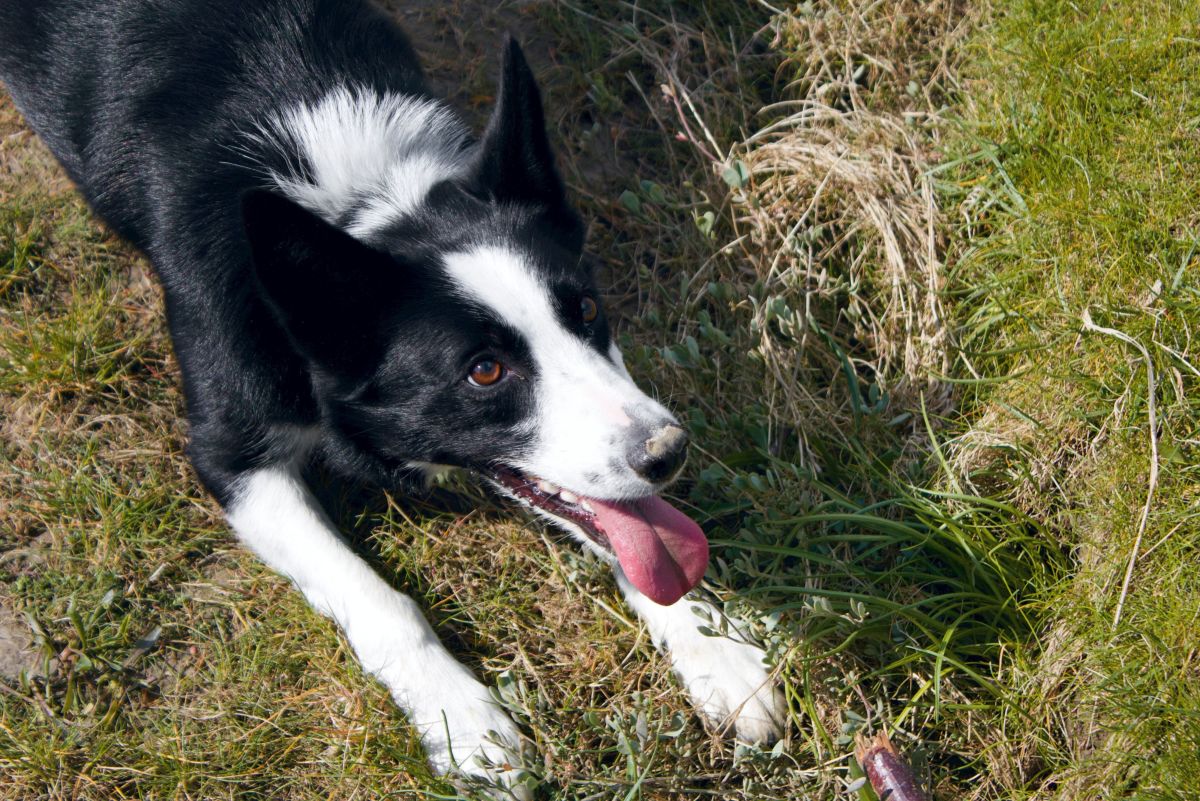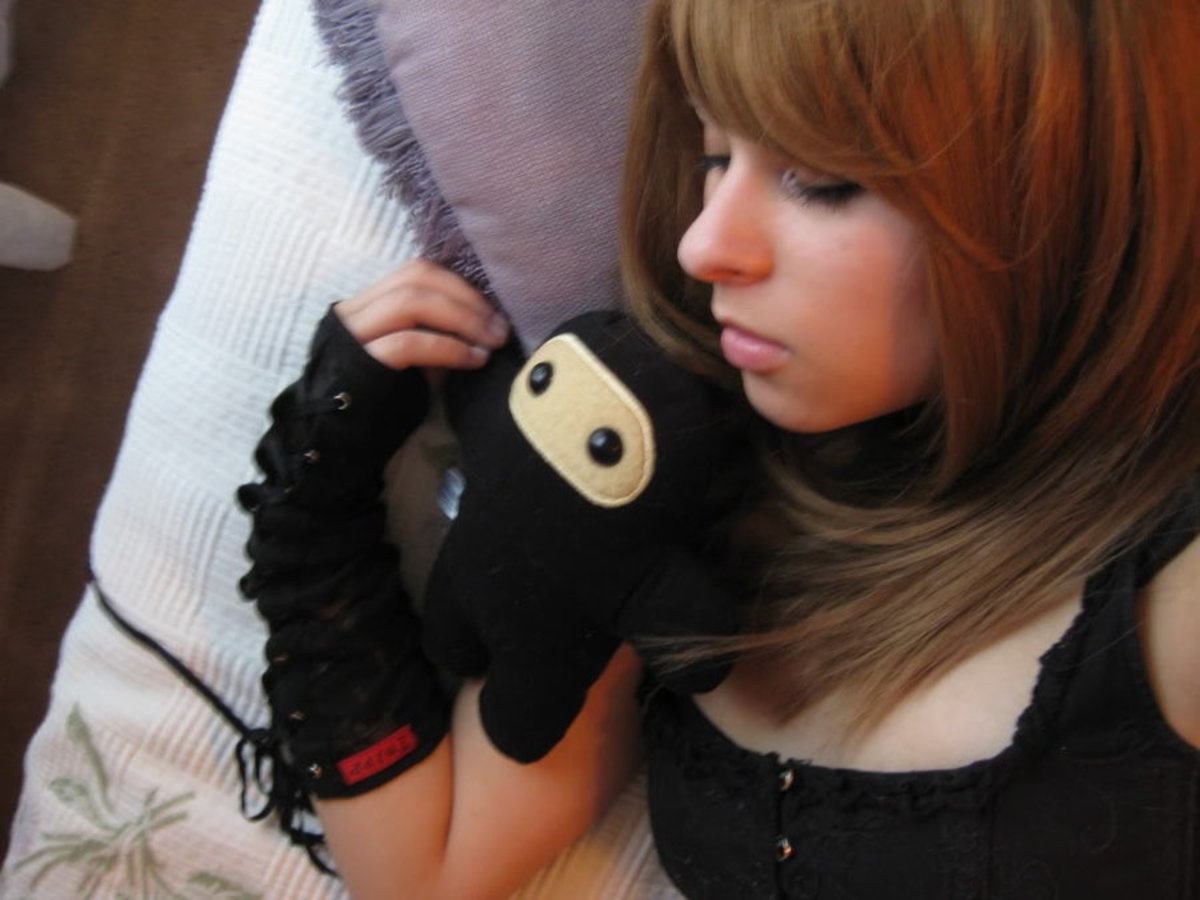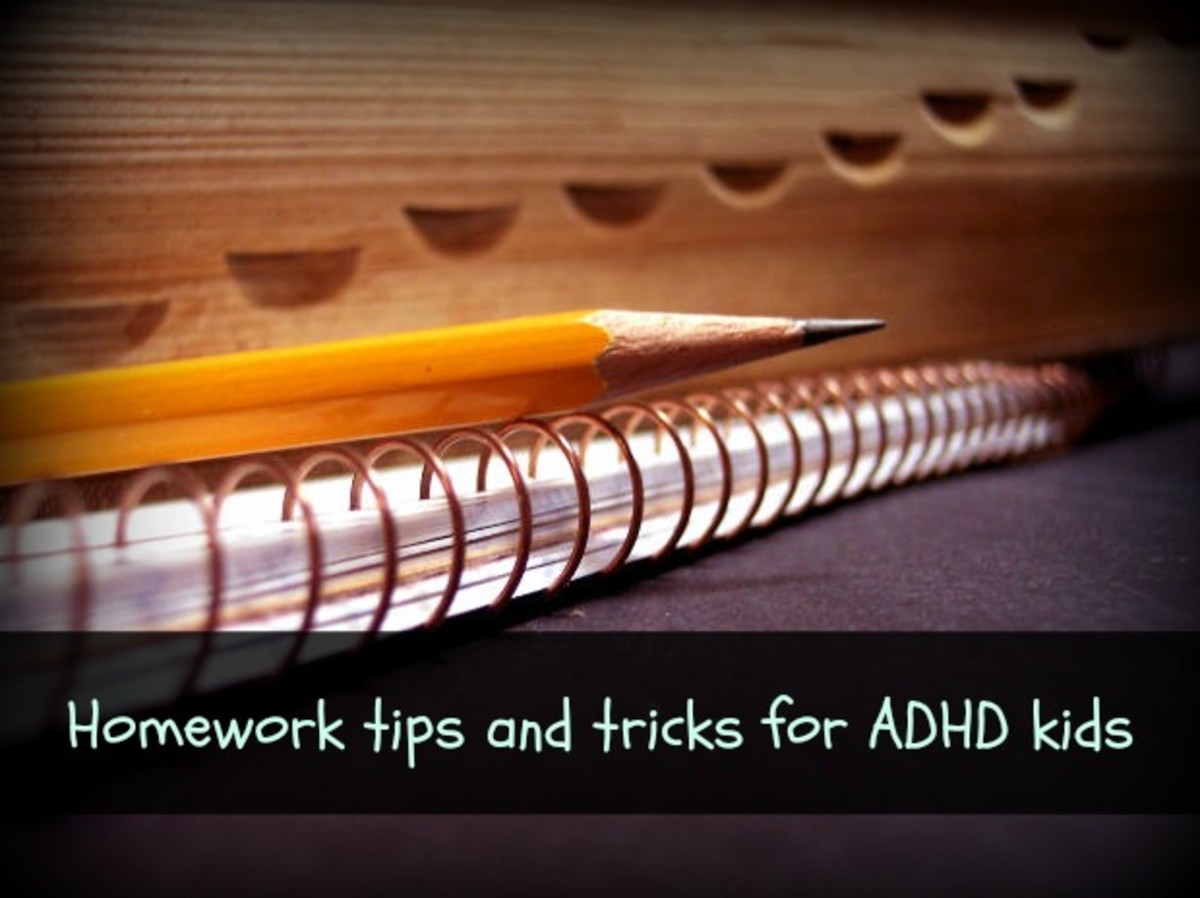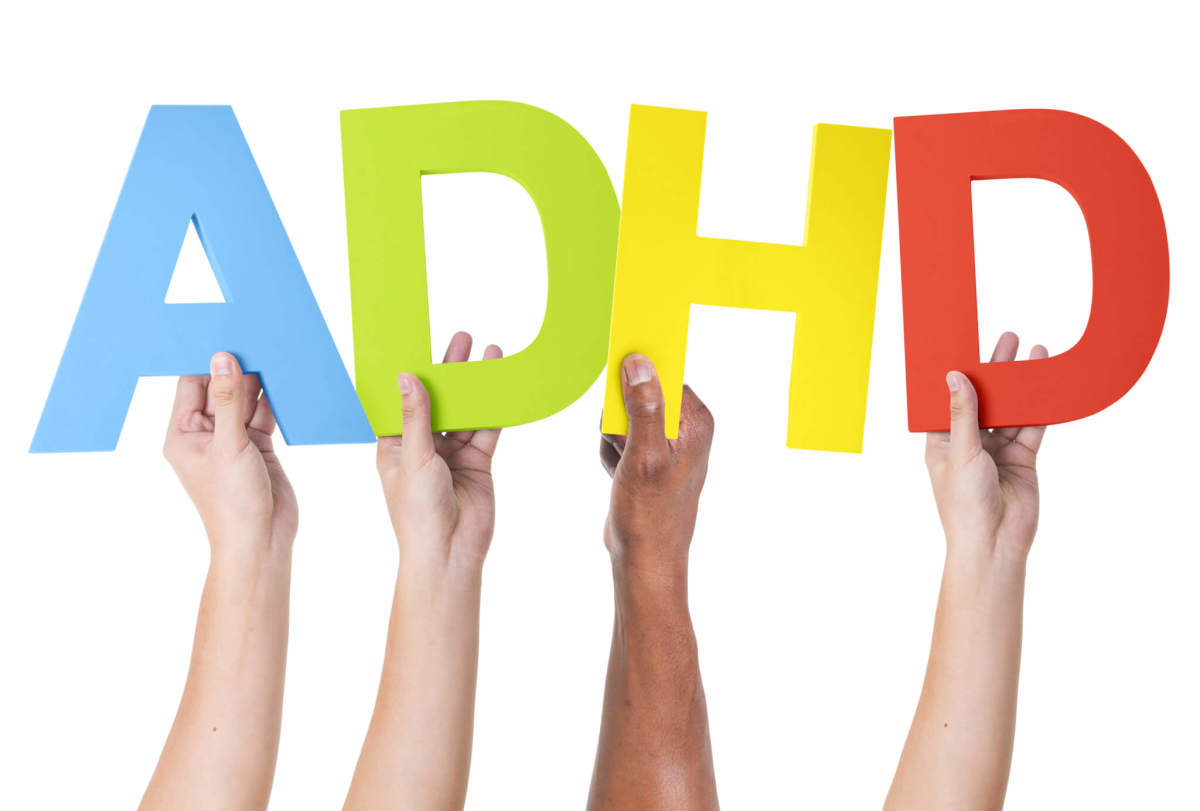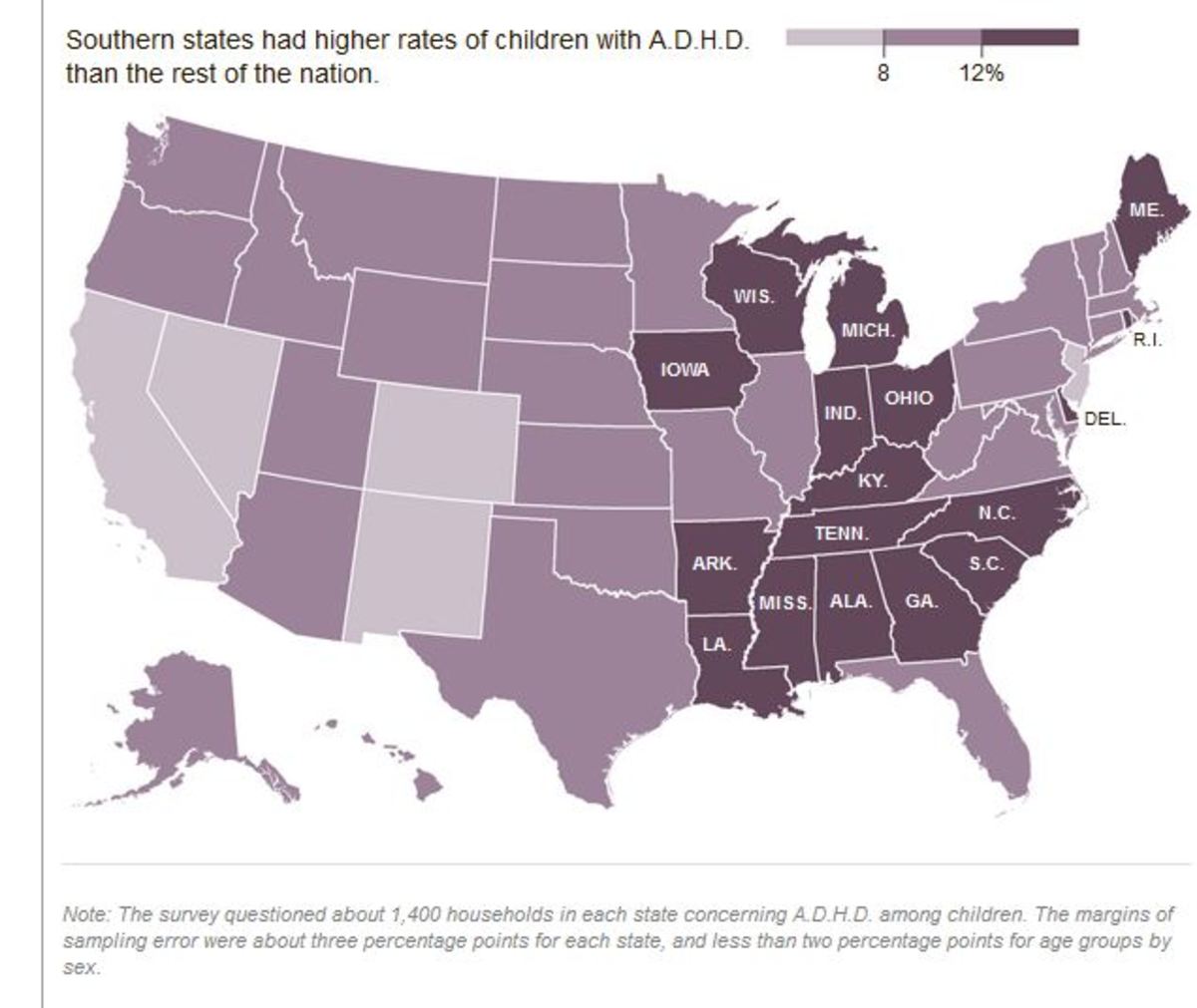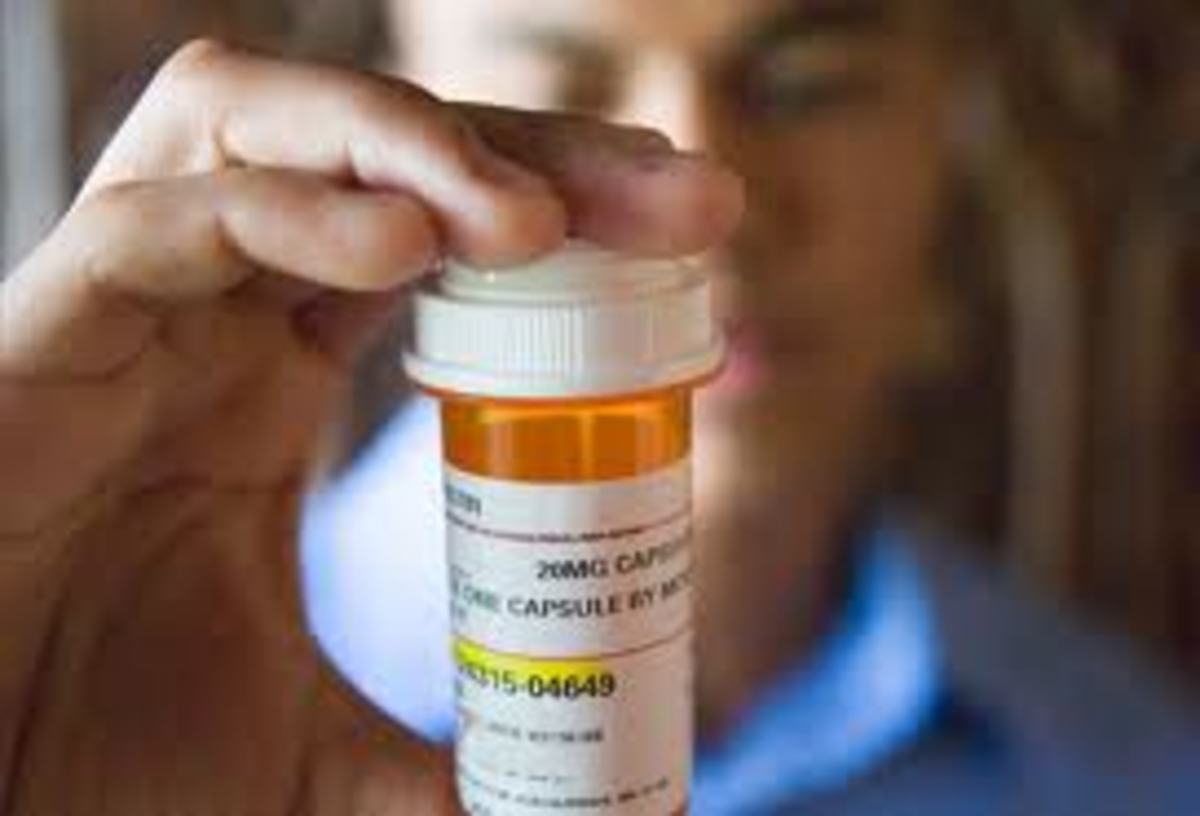ADD and ADHD|All Ages|Adult and Child

Attention Deficit Disorder and Attention Deficit Hyperactivity Disorder used to be two separate conditions until quite recently. What used to be classified as ADD is now Inattentive ADHD.
There are three subtypes of ADHD.
The most common of the three is known as Combined ADHD. People with this have the inattentiveness as well as the hyperactivity and impulsiveness.
Inattentive ADHD is what used to be known as ADD; this affects the concentration and attentiveness and there is no hyperactivity. I will not now refer to ADD as a separate disorder.
The subtype without the inattentiveness factor is known as Hyperactive-impulsive ADHD.

What are some signs and symptoms of ADHD?
Impulsivity signs
- Intruding on others
- Inability to wait turn in games etc
- Impatience
- Emotional overreactions
- Interrupting others
- Bumping into things and people when acting impulsively
- Talking at inappropriate times
- Temper tantrums
- Inability to delay responses
- Answering before question is finished
- Moodiness
How is Attention Deficit Disorder diagnosed?
There is no blood test to determine whether someone has ADHD (Attention Deficit Hyperactivity Disorder) or ADD (Attention Deficit Disorder). Diagnosis is based purely on observations that behaviour is exhibited in more than one setting, is worse than would be expected of a child of a similar chronological and developmental age and happens on a regular basis rather than as a reaction to change. For a firm diagnosis of ADHD there must have been symptoms before the age of 7 years. Other factors will be ruled out such as:
- Loss of a close relative – parent, sibling, grandparent
- Major change in child’s life – moving to a new area and school
- Hearing problems
- Mood disorders – anxiety, depression
- Learning disabilities
- Brain disorders
- Other medical problems

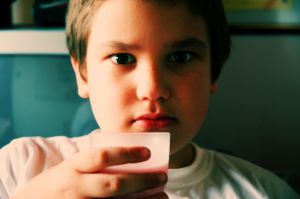
Some signs of Inattention
- Forgetting things
- Making careless mistakes at school or when carrying out a task
- Inability to complete household chores or homework due to not paying attention how to do it
- Easily distracted
- Indecisiveness and procrastination
- Lots of unfinished tasks on the go at once
- Messy schoolwork
- Inability to stay focused


What are some signs of Hyperactivity?
- Inability to sit still, squirming, getting up and moving around
- Unable to play quietly
- Talking incessantly
- Excessive running about or climbing on furniture even in places where it is inappropriate
- Restlessness
- Short Temper

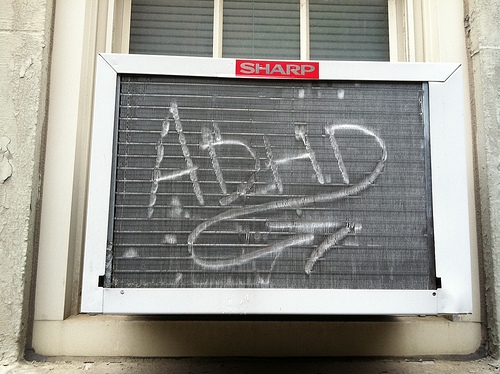
What is the overall outlook for a child with ADHD?
Many children with ADHD will spontaneously improve; others will go on to develop Oppositional Defiant Disorder or a Conduct Disorder in conjunction with Attention Deficit Hyperactivity Disorder.
Ten Tips for Parenting a Child with ADHD
- Keep everything neat and organised in the home wherever possible
- Keep TV; especially anything violent to a minimum as it can over-stimulate children with ADHD
- Don’t allow a TV in their room. ADHD children need their sleep and plenty of it
- Have proper routines for bedtimes, mealtimes etc
- Yoga, Karate or Tae-Kwon-do are excellent for children with ADHD as they encourage self discipline
- Keep after school activities to a minimum whilst keeping your child busy and engaged. Too many activities can be stressful when combined with homework
- Have house rules and stick to them. Put a copy up in the kitchen so there can be no misunderstandings. Operate a reward and consequence system alongside the rules
- Keep a quite space for them to go and just ‘chill’
- Invest in a kitchen timer and clocks to get your child used to deadlines
- Try and get them interested in an energetic sport of some kind to burn off excess energy
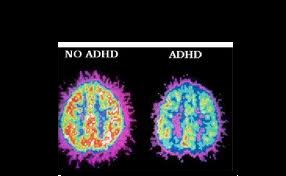
What are the problems for Teenagers with ADHD?
Although teenagers will probably be less hyperactive as they get older, their inattention will persist into adulthood and they are more likely to develop Conduct Disorder if they previously had symptoms of hyperactivity. Conduct Disorder has been associated with an increased risk of Anti-Social Personality Disorder. Depression and other mood disorders often develop in teens that had ADHD as a child. Teenagers may also experience a worsening of some symptoms such as:
- Depressive illness; causing isolation and social exclusion from their peers
- Absolute disorganization in both home and school/college setting
- Inability to finish coursework, homework or household chores
- Failure to meet school grades
- Inability to follow instructions especially when there are a number
- Excessive talking in inappropriate places
- Inability to pay attention to detail
- Aggression and argumentativeness
Are there any positives for someone with ADHD?
People who have ADHD can be very productive once they find something that grabs their attention. They also have masses of energy and if sport is their thing they will excel. They do not lack imagination, spontaneity or creativity and can be a lot of fun to be with; especially if they are not hyperactive.
Treatment for Attention Deficit Hyperactive Disorder
Stimulant medications such as Adderall and Ritalin have traditionally been prescribed for ADHD as they are generally quick acting and well tolerated. Psychotherapy is normally used in conjunction with medication
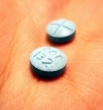

What of Adults with ADHD?
ADHD does often persist into adulthood without developing into a Conduct or Personality Disorder. Obviously if the person was diagnosed as a child they and you will probably know this. However; if no diagnosis was made the signs and symptoms are slightly different:
Hyperactivity
- Easily bored
- Risk taking
- Talking incessantly
- Fidgeting
- Jumbled and racing thoughts
- Needing excitement and adrenaline rush
- Taking on many tasks at the same time

Inattention
- Underdeveloped listening skills
- Easily distracted
- Inability to finish simple tasks
- Finds following directions or instructions difficult
- Finds it difficult if not impossible to stay on track
Paradoxically there is a symptom of inattention which adults often suffer with. If they find a task that is their ‘thing’ they can become so absorbed that they tune out completely. It is called hyper-focus and helps the ADHD adult to cope with any turmoil that is going on by distracting them from it. It is something generally beyond their control and so can be problematic if they tune out in a work situation.
Impulsiveness
- Making inappropriate or rude comments
- Interrupting other people when they are speaking
- Difficulty behaving appropriately in social settings
- Taking reckless actions
- Drug or alcohol addiction
- Other addictions – to people, food, gambling etc
- Financial problems due to impulse buying
In addition to the three groups of behaviours above, adults have some other specific facets of the disorder.
Emotional Problems
- Anger management issues
- Easily frustrated
- Heightened stress levels
- Hypersensitivity
- Irritability
- Problems with self esteem
- Reacts badly to criticism even if it is constructive
- Lack of motivation
- Mood swings
- Relationship problems because of all of the above

Forgetfulness
- Frequent lateness
- Constantly forgetting to attend appointments
- Failure to meet deadlines
- Inability to manage finances due to disorganisation
- Poor organisation skills
- Trouble holding down a job due to bad timekeeping
- Untidy work space, car, workshop
- Inability to get anything started
- Total disregard of time factors including underestimating wildly the time taken to complete a task

7 Self Help Strategies
- Sleep well and for at least 7 hours per night
- Try to listen when others speak and not interrupt
- Get plenty of exercise
- Set reminders and alarms on your mobile phone to improve timekeeping
- Eat healthily and well
- Deal with tasks immediately rather than waiting until more things build up and getting swamped by them
- Use post it notes as reminders at work to ensure you get things done
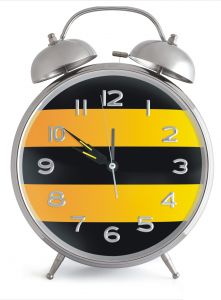
- Do You Never Learn From Your Mistakes? – You May H...
A famous person – It could have been Albert Einstein, Rita Mae Brown, Benjamin Franklin or Mark Twain (they have all been cited as contenders) defined insanity as “doing the same thing over and over and expecting different results.” Whoever it was th - Antisocial Personalities - Are they the same as Psychopaths?
Anti-Social Personality Disorder has been linked to Oppositional Defiant Disorder in childhood which has developed into Conduct Disorder in adolescence. - Conduct Disorder - A Precursor to Borderline or Antisocial Personality Disorder?
CD (Conduct Disorder) and ODD (Oppositional Defiant Disorder) are quite closely associated in classification and developmental terms. Oppositional Defiant Disorder behaviours are assumed to be precursors to a more serious Conduct Disorder; although t - http://suebailey.hubpages.com/hub/Is-your-child-ODD-Oppositional-Defiant-Disorder-Could-it-progress-


